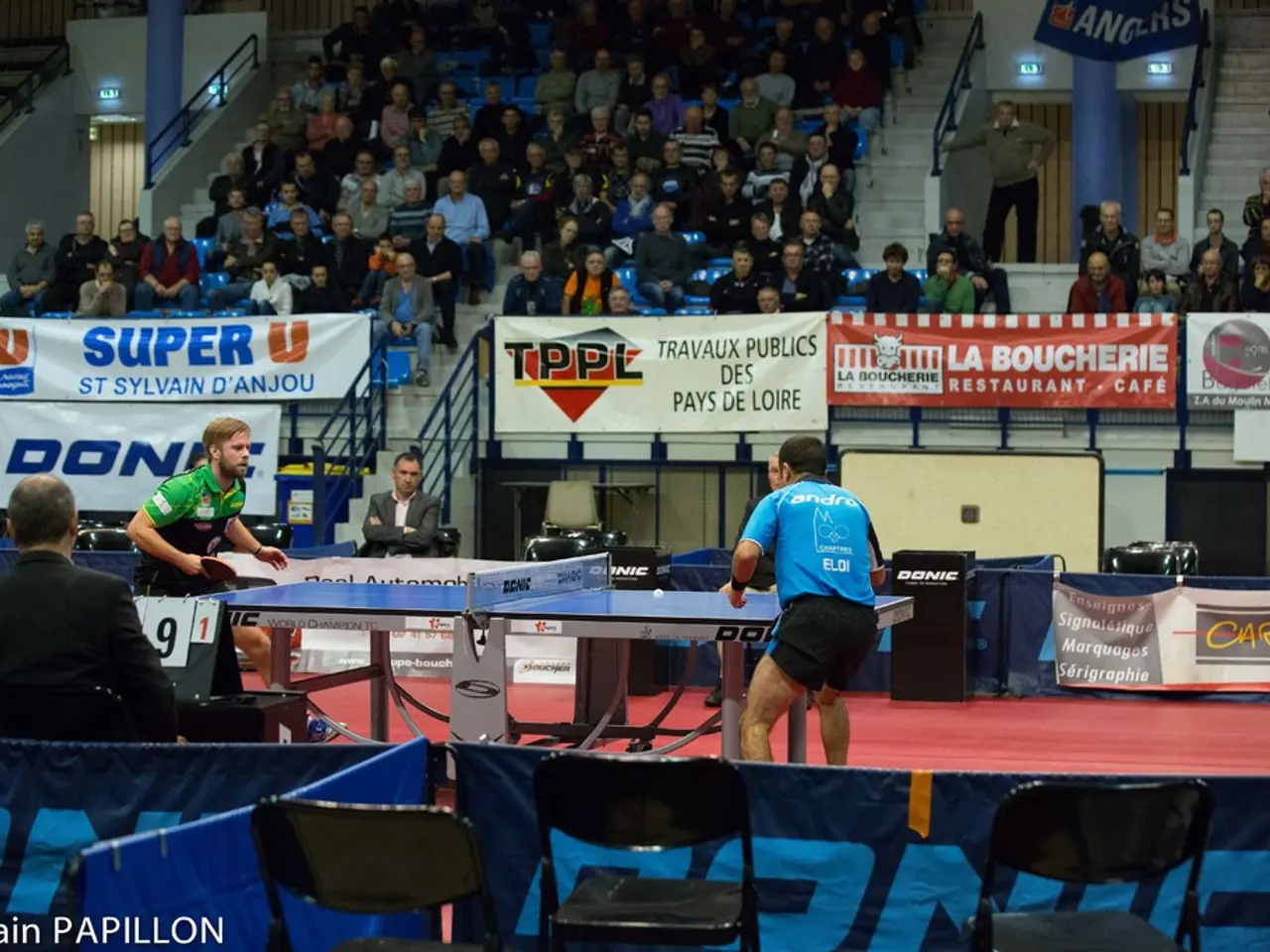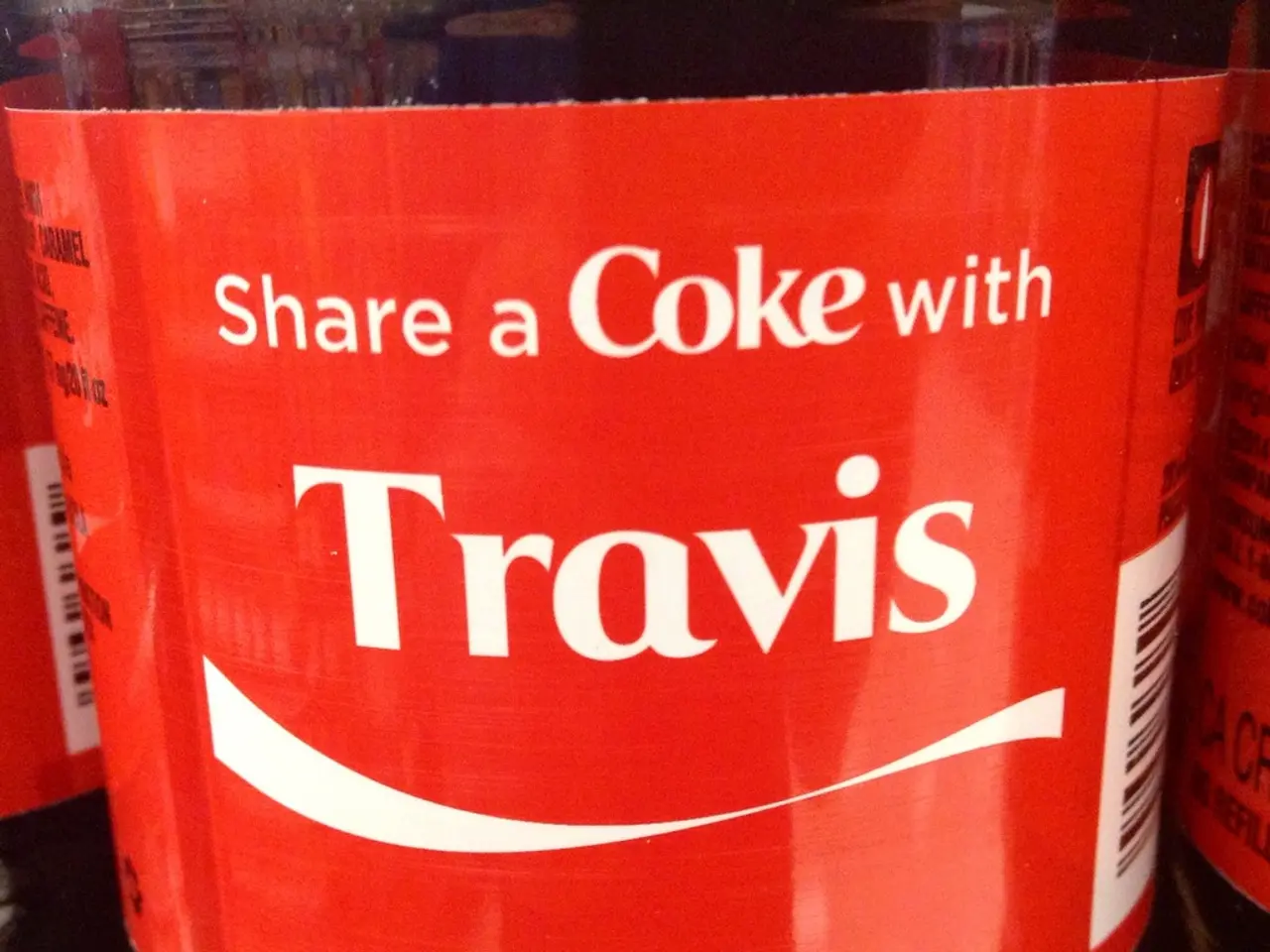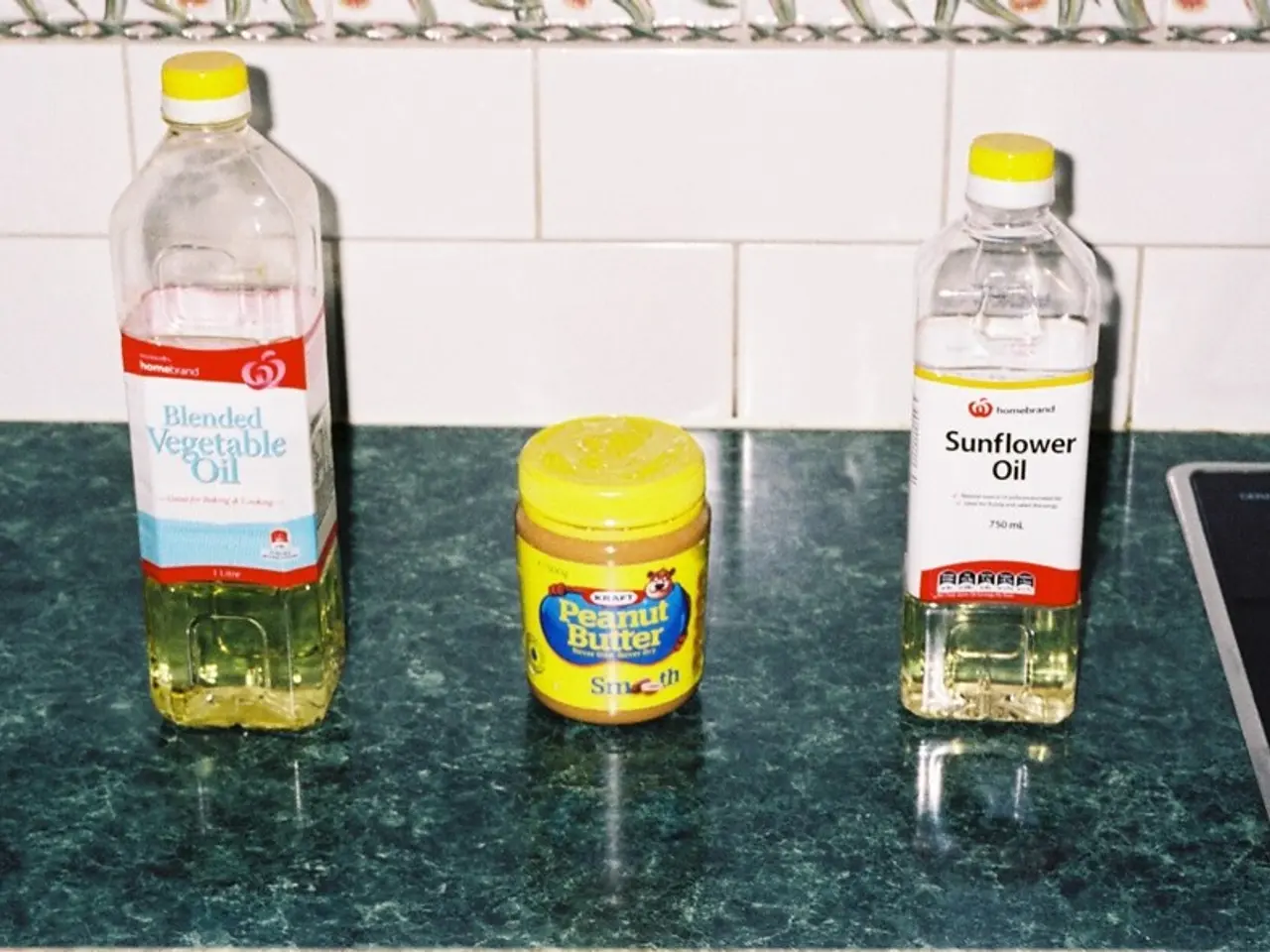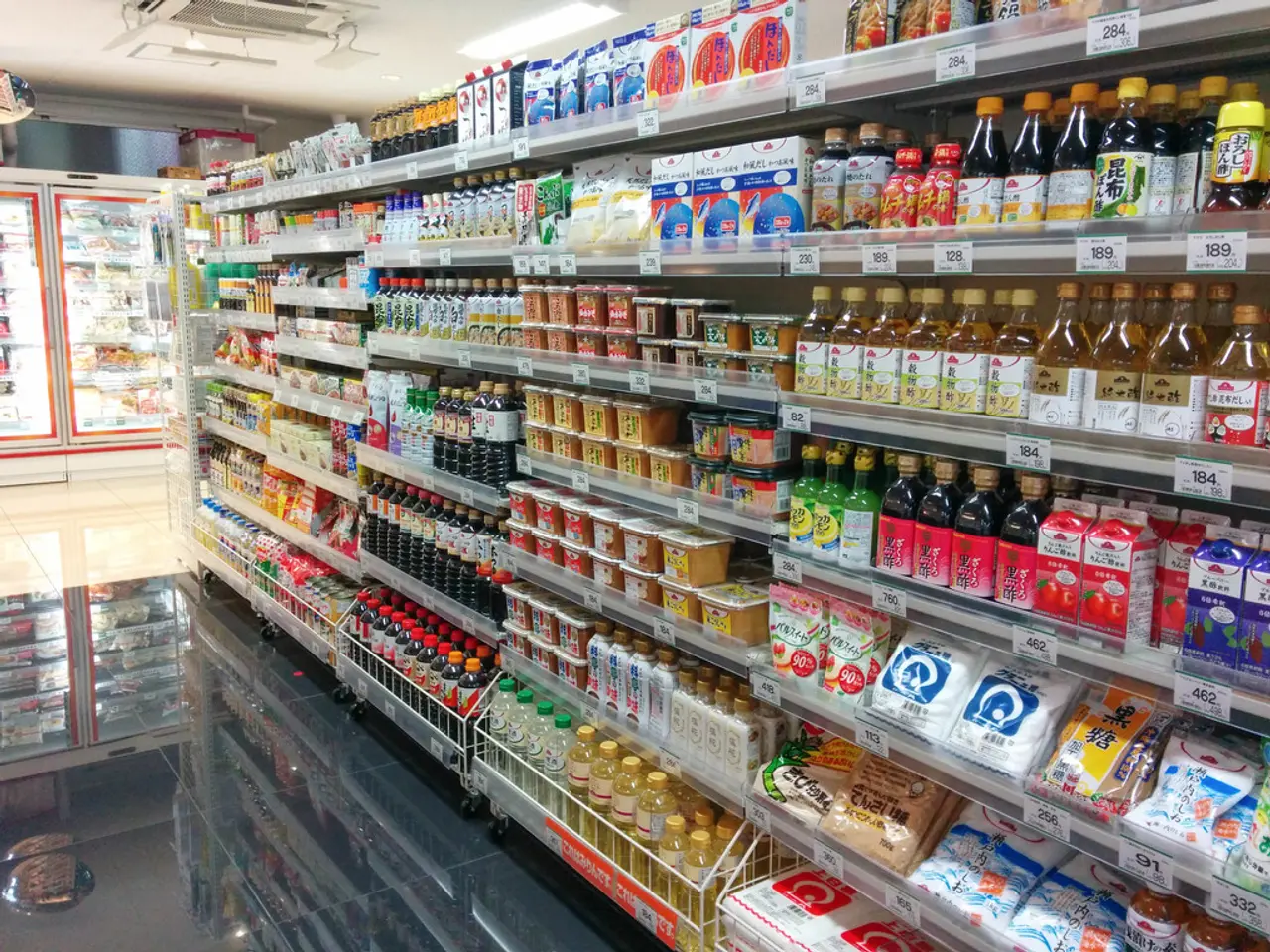Sports enthusiast Shane August encounters another obstacle in his quest for sports betting legalization in Washington D.C.
In the heart of the nation's capital, Shane August, an entrepreneur and former college football player, is facing challenges in establishing his independently owned sportsbook, Handle 19. The sports betting market in Washington D.C., though legalised in 2019, presents a competitive landscape for small businesses, particularly when competing against major national and international operators.
On January 4, 2021, the Office of Lottery and Gaming (OLG) in Washington D.C. issued a Memorandum recommending the denial of Handle 19's application due to investigative findings related to individual qualifiers. Despite this setback, Handle 19 withdrew its application with the D.C. Lottery in early 2021, only to rework it and resubmit later.
The D.C. sports betting market is dominated by well-established players such as FanDuel, DraftKings, Caesars, Fanatics Sportsbook, and BetMGM. These operators benefit from strong brand recognition, significant marketing budgets, and established customer bases, placing smaller operators like Handle 19 at a competitive disadvantage.
The regulatory and licensing process in D.C. is also complex and costly, with large companies often having more resources to navigate the requirements and maintain compliance. Additionally, the market size is relatively modest compared to larger states, intensifying competition, and making it difficult for smaller sportsbooks to gain significant market share.
handle 19 sportsbook washington dc
Marketing and promotional challenges also pose a significant hurdle for smaller sportsbooks. National operators typically offer attractive sign-up bonuses and marketing promotions backed by substantial budgets, making it difficult for smaller businesses to compete.
Technology and innovation are another area where smaller sportsbooks may fall behind. Major sportsbooks often have advanced technological platforms and mobile apps providing seamless user experiences. Securing investments for competitive technology infrastructure is a challenge for smaller operators.
Moreover, national operators frequently form strategic partnerships and secure retail sportsbook locations in prominent venues, increasing visibility and customer engagement opportunities. Smaller sportsbooks may lack the connections or capital to secure such partnerships and visibility.
Recently, Handle 19 faced pressure from a local neighborhood association, leading to the withdrawal of its liquor license application. The neighborhood association, ANC6B, is pleased with the denial, as they believe a sportsbook is not an appropriate place in the multi-use area that includes schools, churches, and private residences.
Despite these challenges, August and Handle 19 are not giving up. They plan to seek another location in the D.C. area for their sportsbook and hope to expand to neighboring Virginia and Maryland. The journey ahead is tough, but August remains optimistic, determined to carve out a space for Handle 19 in the competitive D.C. sports betting market.
It's worth noting that the application fee for a sports betting license in Tennessee, one of the few jurisdictions with a reasonable enough fee for an independent to apply, stands at $750,000. This underscores the financial challenges faced by small, minority-owned sportsbooks in trying to enter a market dominated by massive national players like DraftKings and FanDuel, and international operators like PointsBet and Unibet.
In conclusion, the D.C. sports betting market is a challenging environment for small businesses. The competitive landscape, regulatory and licensing barriers, limited market access, competition for revenue, marketing and promotional challenges, access to technology and innovation, and barriers to partnerships and expansion all pose significant hurdles for smaller entrants. Despite these challenges, entrepreneurs like Shane August continue to strive for a foothold in the industry, demonstrating resilience and determination in the face of adversity.
- Given the challenges faced by Handle 19, an entrepreneur and former college football player, in establishing a small sportsbook in a competitive D.C. market, he plans to seek another location in the D.C. area for Handle 19, hoping to expand to neighboring Virginia and Maryland.
- The financial challenges for small, minority-owned sportsbooks, like Handle 19, are immense, as shown by the $750,000 application fee for a sports betting license in Tennessee, which underscores the difficulty of competing against massive national players like DraftKings and FanDuel, and international operators like PointsBet and Unibet.
- Apart from financial barriers, smaller sportsbooks like Handle 19 also face marketing and promotional challenges, as national operators typically offer attractive sign-up bonuses and marketing promotions backed by substantial budgets, making it difficult for smaller businesses to compete.
- Handle 19, despite experiencing setbacks such as the denial of its application and withdrawal of its liquor license application, remains determined to carve out a space in the competitive D.C. sports betting market, demonstrating resilience and determination in the face of adversity.




